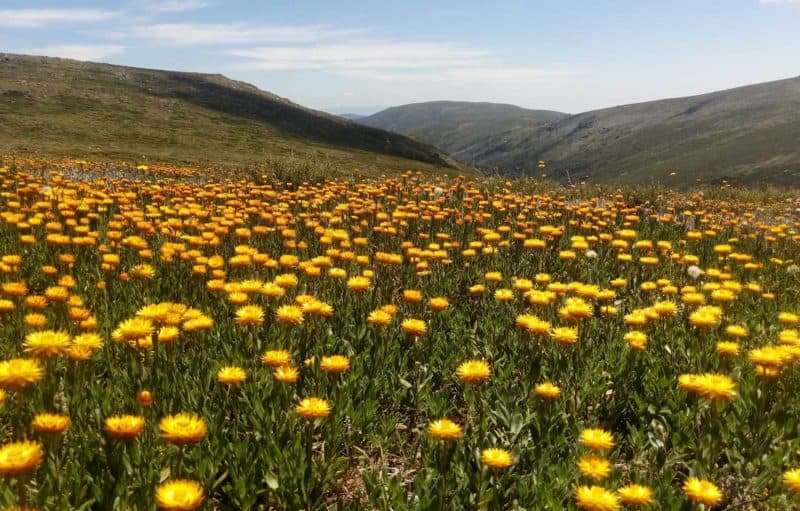MEDIA RELEASE 1 November 2021 |
Victoria’s Alpine National Park gets a new lease of life today, as Parks Victoria sets out a strategy to deal with an exploding population of feral horses, one of the most damaging threats to Victoria’s alpine region.
The latest survey shows that there are around 5,000 feral horses in Victoria’s Alpine National Park, and without action that number can rapidly increase.
“Horses impact on a number of threatened species that depend on our high country, like the rare but beautiful, small furry mammal, the Tooarrana, as well as a number of endangered skinks, crayfish and many alpine plants” says the Victorian National Parks Association’s Phil Ingamells.
“Horses also silt up the pristine headwaters of many of Victoria’s major rivers, and wreck the once-extensive moss-beds that protect those headwaters.
“The National Heritage listed alpine parks of mainland Australia have long been recognised for their remarkable natural heritage of alpine plants and animals, including the extensive high plains covered in spring and summer wildflowers. This plan will help protect these remarkable areas for future generations to enjoy” Mr Ingamells says.
Parks Victoria’s plan is to rehome as many horses as possible, as long as good homes can be assured.
Those that can’t be rehomed will be managed under the guidance of animal welfare authorities, who recommend lethal control by experienced pest controllers. This already happens for a range of other hard-hooved animals that threaten fragile alpine systems, like feral goats, pigs and deer.
“Leaving a domestic horse breed in the high country is not kind to them, as they inevitably suffer from drought and fire, situations they are not naturally equipped for.
“Parks Victoria’s plan to control feral horses is backed up by many decades of alpine science, and the integrity and depth of those studies have been recognised by Australia’s Federal Court.
“If horses need to be protected for heritage reasons, that can take place outside the park, perhaps on private land where their welfare can be guaranteed” says Mr Ingamells.
More information:
